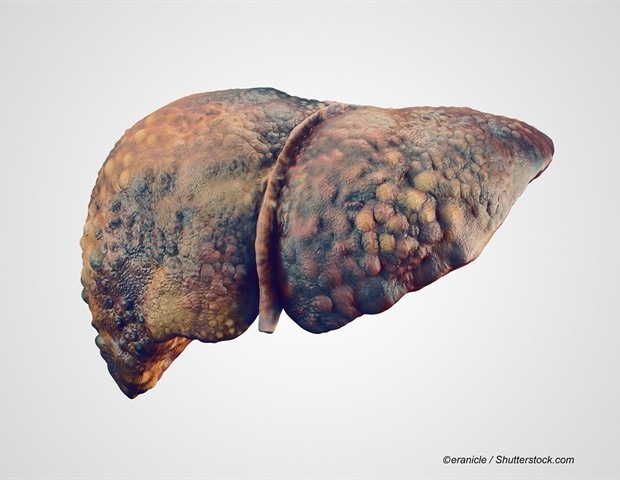Researchers at the Medical University of South Carolina revealed the need to clarify current treatment guidelines for octreotide therapy following an esophageal variceal hemorrhage in a recent study from the American Journal of Medical Sciences. Patients with cirrhosis often develop abnormal veins known as varices in the esophagus that can bleed and require immediate intervention. The current treatment calls for the banding of varices where endoscopists obliterate these veins with small rubber bands, essentially quashing the bleed by cutting off access.
After the procedure, patients are then treated with octreotide therapy, typically for 3 to 5 days. Current guidelines recommend at least 3 days of octreotide treatment. Don Rockey, M.
D., director of the MUSC Digestive Disease Research Core Center, says esophageal varices are caused by high pressure in the portal vein, which carries blood from the abdomen to the liver. Previous studies have shown that octreotide is effective in reducing portal pressure which then reduces the severity of esophageal variceal bleeding.
And although octreotide is essential when these patients first show symptoms, Rockey's team hypothesized that 3-5 days of treatment, especially after banding, was not necessary. They set out to compare octreotide therapy for 72 hours and for 24 hours to determine whether anything was gained by prolonged treatment. Rockey and his team found that their patients had the same success rate when treated for 24 hours compa.


















